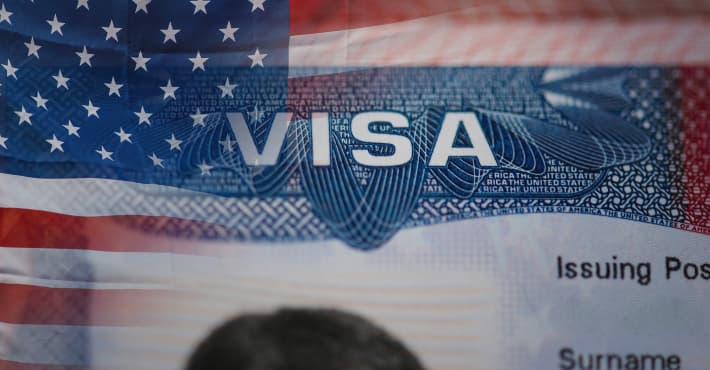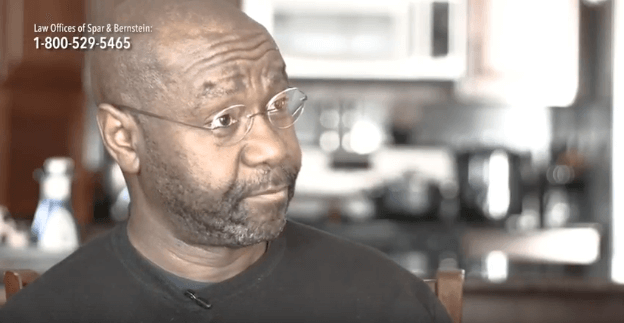

Executive Order 14161, issued in the early days of 2025, did not reinstate a formal travel ban like those seen during President Trump’s first term. However, its provisions have resulted in similarly exclusionary effects for many visa applicants, immigrants, and lawful permanent residents—especially those from Muslim-majority and African countries.
As of July 2025, the order has fundamentally reshaped the consular process. From extended interviews and intrusive digital history reviews to indefinite administrative processing and unwarranted visa denials, EO 14161 is once again leveraging bureaucratic tools to restrict lawful immigration under the guise of national security.
For individuals and families trying to travel to or remain in the United States legally, understanding the impact of this order is critical to protecting your rights and minimizing delays.
What the Executive Order Does
While EO 14161 does not impose a categorical ban on nationals from specific countries, it authorizes:
- Mandatory enhanced background checks for visa applicants from designated “high-risk” countries
- Consular review of social media accounts, digital communications, and affiliations
- Revocation and denial of visas based on undisclosed “security concerns”
- Ongoing monitoring of lawful permanent residents and visa holders for potential grounds of inadmissibility
The order relies heavily on administrative discretion, giving consular officers wide latitude to deny applications or place cases into extended review. Individuals subject to the order are not necessarily informed of the reasons for delay or denial, and appeal rights are limited.
Affected Populations
The order applies most heavily to nationals of countries including:
- Syria
- Iraq
- Iran
- Nigeria
- Somalia
- Venezuela
- Yemen
- Sudan
However, applicants from other regions—particularly South and Central Asia—have also reported increased scrutiny and longer wait times. Even dual nationals or lawful permanent residents of the United States with connections to these countries have experienced travel disruptions and reentry delays.
Consequences for Legal Immigrants and Families
One of the most troubling aspects of EO 14161 is its impact on individuals who are already in lawful immigration status. Reports have emerged of:
- Lawful permanent residents (green card holders) being detained at U.S. ports of entry for extended questioning
- Student visa holders are being denied reentry after international travel
- Family-based immigrant visa petitions are being delayed for many months due to administrative processing
- Naturalization applications held up by undisclosed background checks
In many cases, there is no specific allegation of wrongdoing. The delays stem from broad data flags or perceived associations uncovered through expanded security protocols.
These actions disrupt families, delay education and employment, and undermine confidence in the immigration system’s fairness.
How Spar & Bernstein Is Responding
Our attorneys are actively working to defend clients against the discretionary harms caused by EO 14161. Our services include:
- Pre-screening for potential issues in travel, visa renewals, or consular processing
- Preparing waivers and supplemental materials to support visa applications
- Litigating unjust visa denials and unlawful detentions in federal court
- Advocating for expedited review where administrative processing exceeds reasonable timeframes
- Providing legal counsel to LPRs and dual nationals on reentry risks and advance parole
We also track consular trends and country-specific practices, giving our clients the best possible preparation based on real-time developments.
Guidance for Individuals and Families
If you or a family member is from a country subject to EO 14161 vetting policies, we recommend the following:
- Avoid international travel unless absolutely necessary, especially if your visa status is pending or subject to discretionary review
- Maintain full documentation of your immigration history, travel records, and lawful presence
- Review your digital presence, including public social media accounts, to ensure consistency with your immigration narrative
- Seek legal counsel before filing applications or appearing at consular interviews
Preparation and transparency are essential. Even lawful applicants can face significant delays or denials if they are unprepared for the current environment.
EO 14161 represents a return to policies that use national security as a justification for targeting immigrants from specific backgrounds, nationalities, and religions. Although it may not carry the overt political symbolism of a travel ban, its impact on the immigration process is equally significant.
At Spar & Bernstein, we believe that national security and equal treatment under the law are not incompatible. Our job is to ensure that you receive fair, professional, and thorough representation as you navigate these evolving restrictions.
If you are facing travel delays, consular issues, or detention based on EO 14161, we are here to provide immediate legal support and advocacy.




